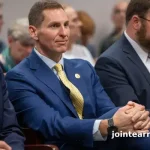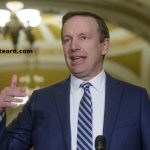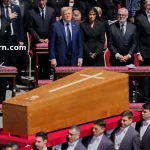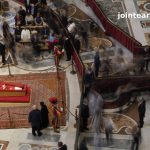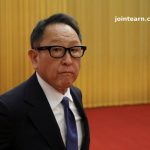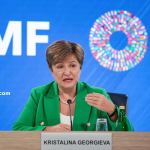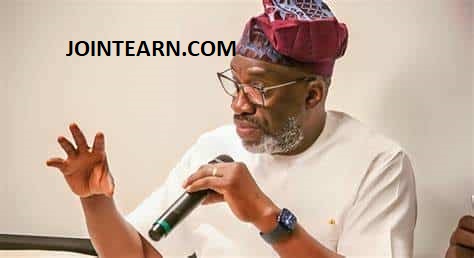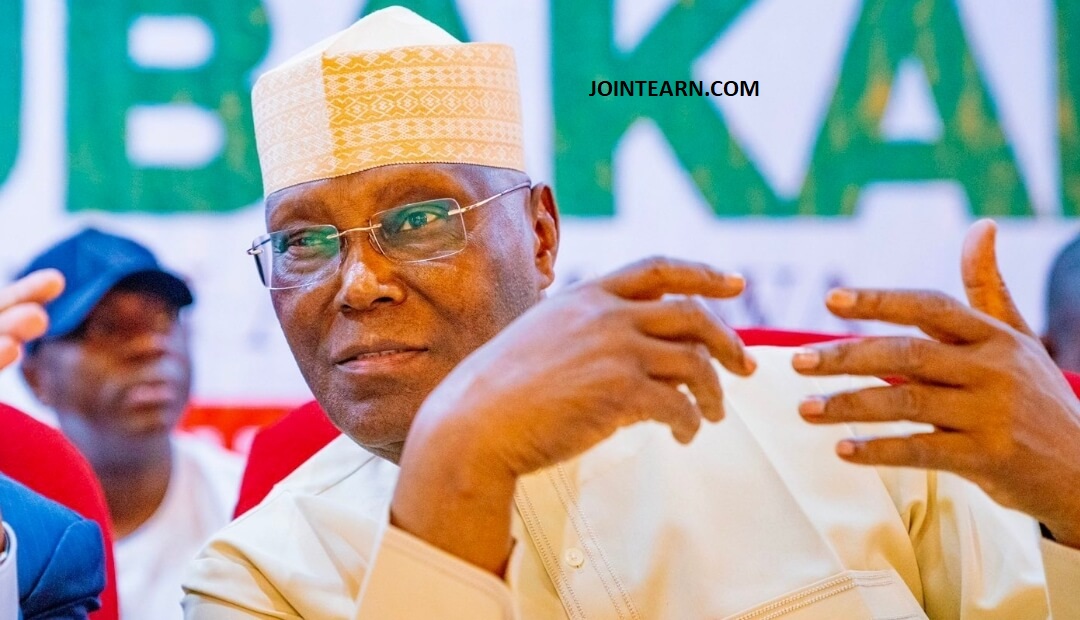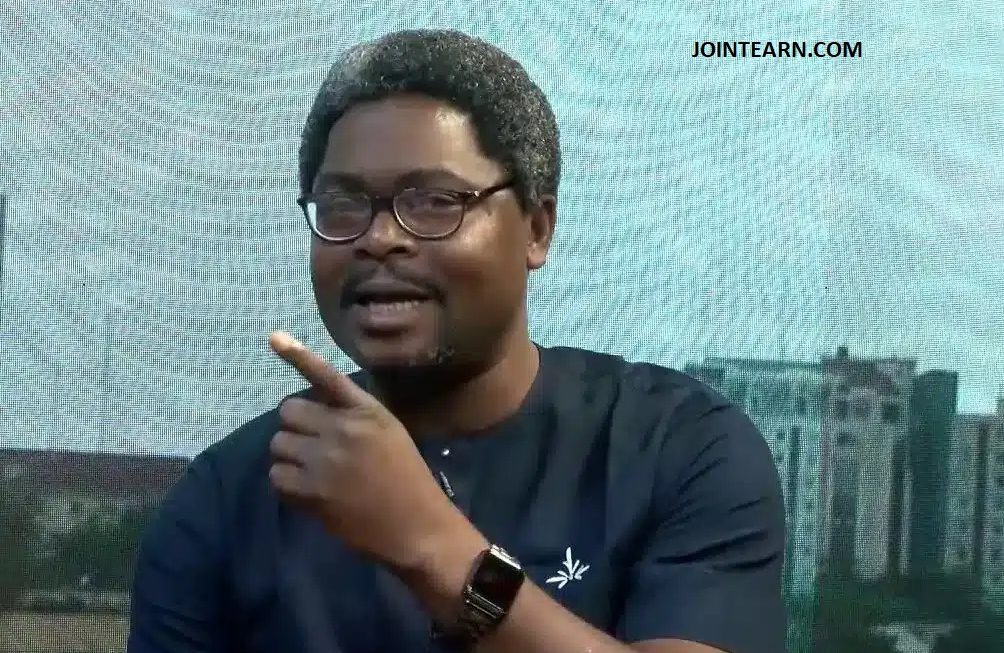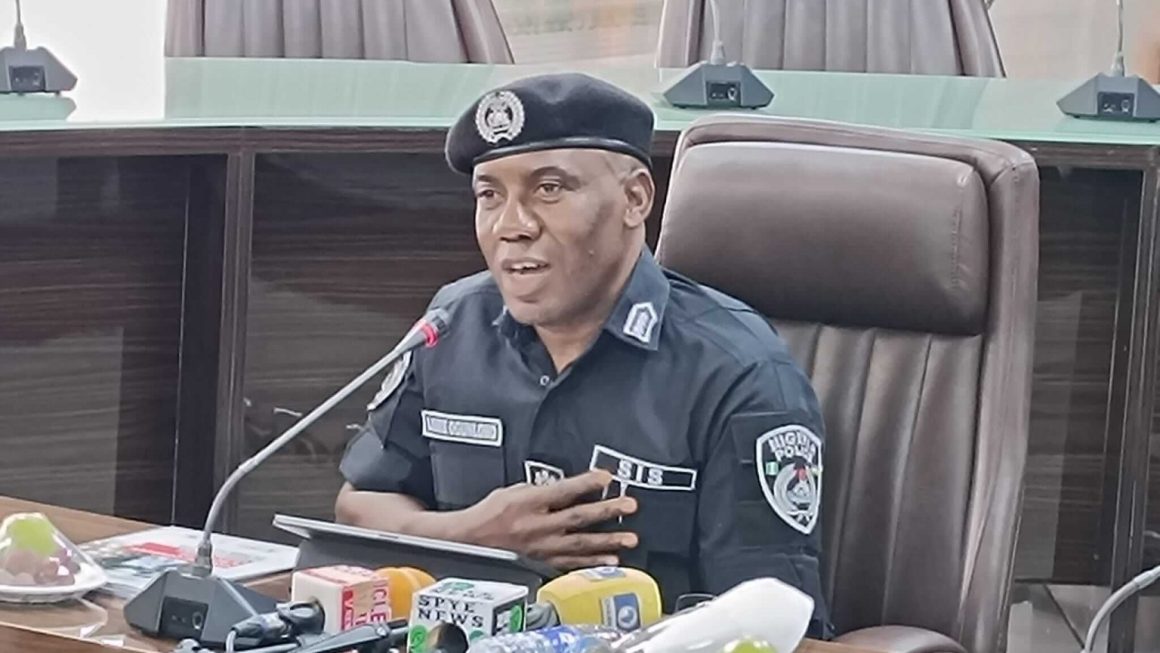Political strategist and chieftain of the Peoples Democratic Party (PDP), Segun Sowunmi, has issued a strong caution to former Anambra State governor and Labour Party presidential candidate, Peter Obi, urging him to be more circumspect in his public comments about Nigeria.
Speaking during a media briefing in Abuja on Friday, Sowunmi emphasized that political leaders, particularly those with aspirations to govern, must be careful not to portray the country in a negative light, especially on international platforms. According to Sowunmi, criticizing the nation’s challenges is acceptable but consistently painting Nigeria in a bad light undermines national interest and damages the very image that prospective leaders hope to improve.
“Patriotism demands that you don’t de-market the country you wish to lead,” Sowunmi stated firmly. “Constructive criticism is healthy for democracy, but when you carry on as if nothing good can ever come from Nigeria, you discourage investors, you dampen the spirit of our people, and you worsen the problem you claim you want to solve.”
Though Sowunmi did not mention specific remarks by Peter Obi, his comments come in the wake of recent international engagements where Obi reportedly highlighted issues of insecurity, corruption, and poor governance in Nigeria. While some Nigerians applauded Obi for speaking candidly, others, like Sowunmi, argue that such criticisms should be balanced with messages of hope and national pride.
“Anyone who wants to be president must realize that leadership is about instilling confidence,” Sowunmi added. “You cannot tell the world that your country is irredeemably bad and then expect them to take you seriously when you say you will fix it. Even in our worst moments, we must speak about Nigeria with optimism and pride.”
Sowunmi, who served as the spokesman for Atiku Abubakar’s 2019 presidential campaign, acknowledged that Nigeria faces serious challenges, but he insisted that solutions must be presented with a spirit of patriotism rather than despair.
“It is not naïve to talk about the opportunities in Nigeria even while acknowledging the problems,” he said. “Leaders must show that they believe in the country’s potential. If you consistently speak doom, you may win applause abroad, but you lose credibility at home.”
He further stressed that political actors must be mindful of the messages they transmit internationally because such narratives influence foreign policy, investment decisions, and the global perception of Nigeria.
“Words have power,” Sowunmi warned. “What you say as a leader — whether incumbent or aspiring — shapes how others view us. Nigeria needs leaders who can inspire hope, not just point fingers.”
Responding to questions about whether his comments were an endorsement of the current government’s handling of issues, Sowunmi clarified that holding leaders accountable remains crucial. However, he insisted that criticism should come with a vision for the future, not just condemnation.
“I have always been critical where necessary. That’s what democracy demands. But there’s a difference between offering solutions and sounding like you have given up on the country,” he noted. “Our young people are listening. The international community is listening. You must be strategic.”
Sowunmi also called for a new style of political engagement ahead of the next election cycle, urging all aspirants to raise the level of discourse and focus on developmental agendas rather than sensational criticisms.
“The era of demagoguery must give way to constructive leadership,” he said. “Nigerians are tired of empty noise. We want leaders who can chart a course forward, who understand the complexity of our challenges, and who are bold enough to speak of hope even when it is hard.”
Peter Obi has yet to respond directly to Sowunmi’s remarks. However, the Labour Party, through some of its spokespersons, maintains that Obi’s approach is aimed at bringing international attention to Nigeria’s issues to inspire reform and support.
The exchange between Sowunmi and Obi’s camp reflects broader debates within Nigeria’s political space about the balance between criticism and patriotism. As the country continues to grapple with economic difficulties, insecurity, and social unrest, political figures find themselves walking a fine line between holding the government accountable and maintaining the morale of the citizenry.
In a nation eager for transformative leadership, Sowunmi’s caution serves as a reminder that rhetoric matters — not just for winning elections, but for shaping the nation’s future.
As Nigeria moves closer to another election cycle, observers will be watching closely to see how political figures adjust their messaging — and whether they can rally Nigerians around a common vision of hope, resilience, and renewal.
